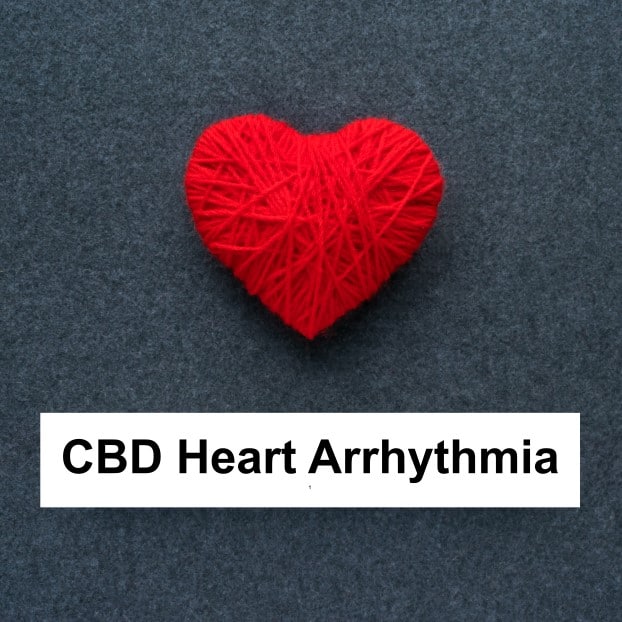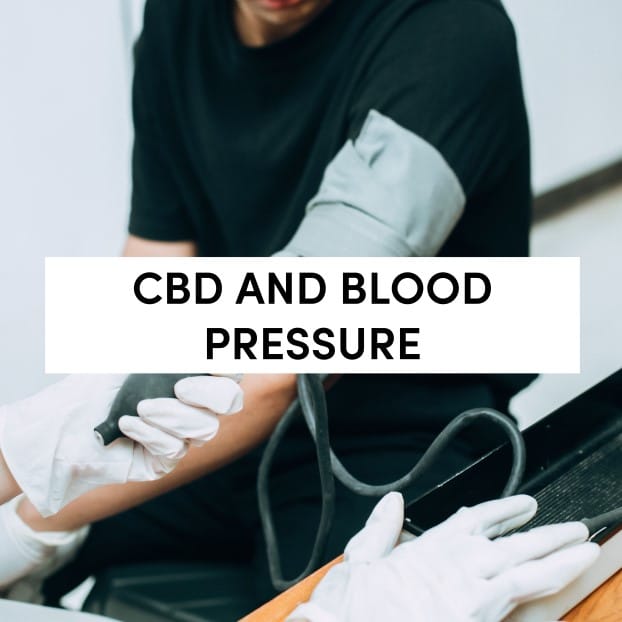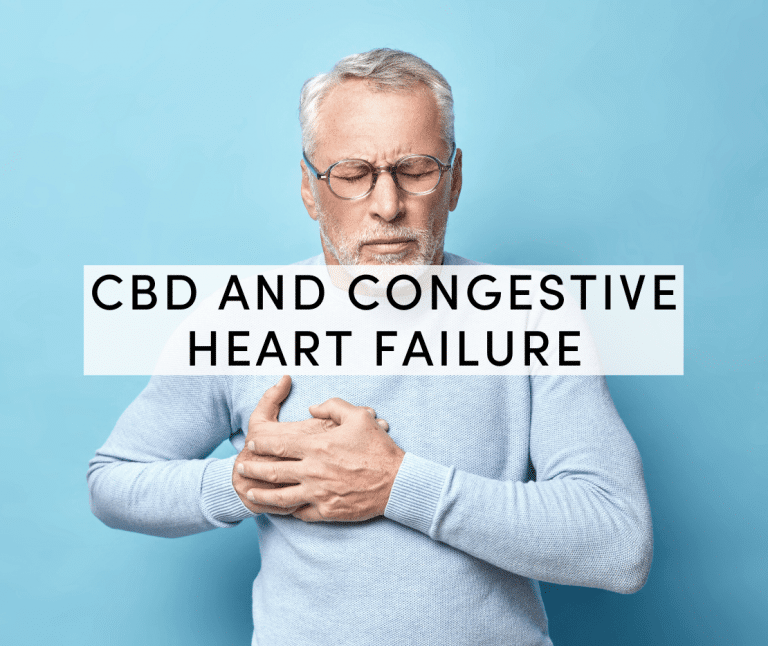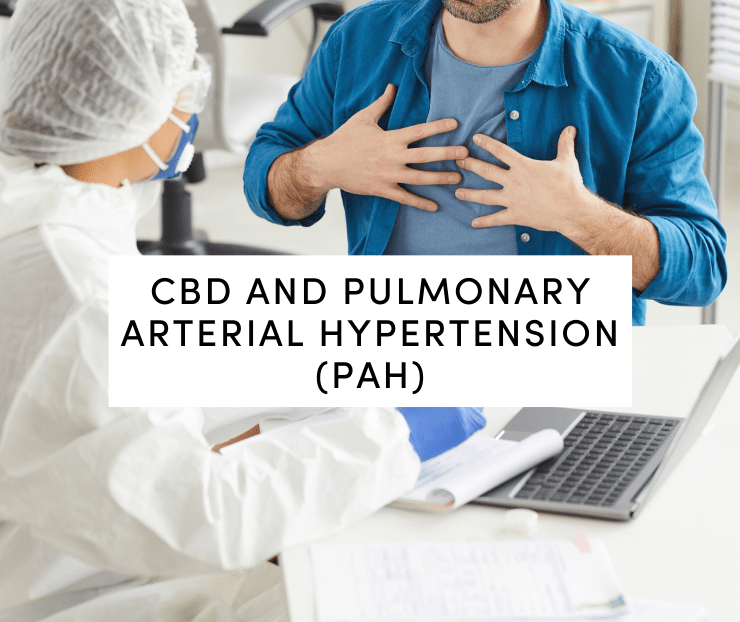CBD Heart Arrhythmia

Posted on April 16th, 2021
The medical term for your heart skipping a beat or that flutter you feel in your chest when you get a fright is ‘arrhythmia.’ Arrhythmias are, in fact, quite normal, and most people are going to experience this type of sensation at some point in their lives. However, some types of arrhythmias have a concerning source of origin and can have serious consequences or may even be fatal. When experiencing a life-threatening heart arrhythmia, it is crucial for you to visit a doctor as soon as possible. He or she will be able to provide you with an accurate diagnosis and the steps to follow in order to better your prognosis. Also, CBD heart arrhythmia might help you control the problem.
What Is Heart Arrhythmia?
Heart arrhythmia is when the heart doesn’t beat at the normal rate, the event also goes by the name of irregular or abnormal heart rhythm. Abnormal could mean that your heart is beating faster or slower than it normally does. Meanwhile, irregular could mean that your heart is missing beats or adding them at irregular intervals.
The following are known types of arrhythmias:
- Bradycardia, where the heart is beating slower than 60 beats per minute.
- Tachycardia, where the heart is beating faster than 100 beats per minute.
- Bradyarrhythmias are slow heart rhythms that result from problems with the conduction system of the heart. Types of Bradyarrhythmias include sinus node dysfunction and heart block.
- Ventricular arrhythmias start in the ventricles, the lower chambers of the heart. Types of ventricular arrhythmias include
- Premature ventricular contractions (PVCs)
- Ventricular tachycardia (V-tach)
- Ventricular fibrillation (V-fib)
- Long QT
- Supraventricular arrhythmias begin in the upper chambers of the heart (the atria). These begin to move down into the ventricles, which are the lower chambers of the heart. Types of supraventricular arrhythmias include premature atrial contractions:
- Atrial tachycardia.
- Accessory pathway tachycardias.
- Atrial fibrillation.
- AV nodal re-entrant.
- Atrial flutter.
What Are the Causes of Heart Arrhythmia?
There are a number of underlying causes and diseases that can trigger one of the above types of arrhythmia in you.
- Stress, anxiety, panic, and other mental health disorders.
- Certain pharmaceutical drugs and medications can cause arrhythmias.
- Disruption or irregularities that occur with the electrical or the conduction system of the heart.
- Coronary artery disease.
- Hypertension or high blood pressure.
- Cardiomyopathy or problems with the heart muscles.
- Disorders in the valves of the heart.
- Electrolyte imbalances (sodium, magnesium, or potassium).
- Injury to the heart resulting from a heart attack.
- Postoperative recovery from heart surgery.
Additionally, there are a number of chronic and non-chronic complex diseases that might feature some form of arrhythmia as a symptom.
The Symptoms of Arrhythmia May Include:
Besides heart palpitations, which is a sensation of skipping heartbeats, fluttering, “flip-flops” in the chest, or feeling that the heart is racing, these are the other symptoms of arrhythmia:
- Feeling a pounding in the chest.
- Feeling lightheaded or dizzy.
- Difficulty catching your breath or shortness of breath.
- Discomfort or pain in the chest area.
- Extreme tiredness, weakness, or fatigue.
Different people may experience arrhythmia in a significantly different way. This may also depend on the type and severity of the arrhythmia. You should seek medical attention if you are displaying two or more of the above symptoms on a regular basis.
Can Arrhythmias Be Treated or Cured?
Most arrhythmias do not require any treatment at all as they are not dangerous. However, for an arrhythmia diagnosed as risky, different methods of treatment are available. In some cases, these treatment steps might be able to deal completely with the arrhythmia or lessen its occurrences. They are five ways in which arrhythmias are treatable depending on the type and severity:
1. Medication
This is the first and most common form of treatment as it is least invasive. There is a wide range of pharmaceutical treatments available to treat arrhythmia or the underlying cause of it. For example, if the cause is high blood pressure, blood pressure medication will lower blood pressure. Thereby helping to manage the arrhythmia. However, these medications do have side effects, contraindications, and interactions that may preclude their use in some arrhythmia patients.
2. Lifestyle Changes
Arrhythmias might be the result of bad habits such as smoking, overindulging in alcohol, obesity, use of stimulants like caffeine, or a bad diet. Eating a balanced and exercising are likely to reduce arrhythmias. Avoid stimulants like tea, coffee, energy drinks, and sodas, as well as supplements that contain stimulants. Quitting smoking and drinking alcoholic beverages might also help. Limiting the use of alcohol may be insufficient to help reduce or avoid arrhythmias, so it’s best to consider quitting as an option.
3. Invasive Treatments
Invasive treatments involve entering the body with a needle or through an incision. As such, they are not a first choice for treating arrhythmia. However, in some cases, medication is insufficient to treat the condition. The severity of the arrhythmia might create sufficient risk for these therapies to become a likely option. Three examples of invasive therapies include:
- Electrical Cardioversion, which delivers an electrical pulse to the chest to shock the heart into a normal rhythm.
- Catheter ablation, where a catheter delivers energy to tiny areas of the heart muscle.
- Pulmonary vein isolation to render bands of vein tissue thought to be causing the arrhythmia dysfunctional through a circumferential conduction block.
4. Medical Devices
There are medical devices available capable of reestablishing normal heart rhythm as and when an arrhythmia occurs. A permanent pacemaker and an Implantable cardioverter-defibrillator (ICD) are examples of the types of medical devices capable of managing dangerous arrhythmia. However, this is often only a second to last resort for patients. The procedure to insert these devices is invasive. Also, these devices are not foolproof and do not cure the arrhythmia or the underlying condition in any way besides helping manage them.
5. Surgery
If the above treatments fail to eliminate or help manage an arrhythmia condition, heart surgery is a last resort. Bypass surgery and valve surgery are two common procedures performed to eliminate arrhythmia. However, heart surgery is highly invasive and risky.
Alternative treatments to manage arrhythmias that are less invasive, have fewer side effects, and are less risky are currently under research. One of these treatments is CBD heart arrhythmia.
What Is CBD And Where Does It Come From?
CBD or cannabidiol is a chemical compound belonging to the cannabinoid family found in the cannabis plant. Manufacturers extract CBD from the hemp species of the cannabis plant. Hemp referred to also as Cannabis Sativa, has high concentrations of CBD and only trace amounts of THC. The latter is responsible for the psychoactive properties associated with cannabis. It interacts with the CB2 receptors found in the endocannabinoid system (ECS) to regulate a number of bodily functions. The CB2 receptors are primarily in the gastrointestinal tract and the immune system.
When CBD interacts with the ECS, it either inhibits or encourages certain immune responses or the release of hormones and chemicals to regulate other functions. This interaction is responsible for the therapeutic benefits attributed to CBD.
What Are the Effects Of CBD?
CBD has a wide variety of potential health benefits, from helping people with mental health disorders like depression, anxiety, and psychosis to relieving pain. It is also capable of relieving nausea and vomiting especially associated with cancer treatments like chemotherapy. In addition, it appears to have anti-seizure effects as well as potential anti-tumor properties. The effects of CBD are still under research as to the full extent of the benefit the cannabinoid may have on heart health and arrhythmia.
Effects of CBD Heart Arrhythmia?
CBD has strong anti-inflammatory properties. This may prevent swelling of the heart and arteries, which is a leading cause of heart disease. The compound also appears able to lower high blood pressure in certain conditions, which can negatively affect heart health and lead to a stroke. As such, CBD appears to be an effective vasodilator.
CBD Heart Arrhythmia – Can It Cure Arrhythmia?
A recent study on the effects of CBD heart arrhythmia found that it reduced ischemia-induced cardio infarction when delivered into the system before the arrhythmia occurred. The ultimate results were that it successfully reduced the number of arrhythmias that occurred. The study also noted that CBD reduced the size of the area affected by arrhythmia.
There are currently many other studies looking to confirm the extent of the CBD heart arrhythmia effects. There is currently no evidence that CBD can cure arrhythmia. Nonetheless, findings are encouraging for people who must manage this condition over the long term. Unfortunately, these studies are still in their infancy, and it could be years before a specific CBD drug is made available to treat arrhythmia.
CBD Heart Arrhythmia – What Are the Side Effects Of CBD?
CBD may have the following negative effects:
- Dry mouth.
- Diarrhea.
- Drowsiness.
- Lack of appetite.
These effects are, however, rare and mild and seem to only appear if you take too much of it. CBD also does have interactions with other medications. If you have a pre-existing medical condition or are on medication, it is best to consult a doctor before using CBD to treat arrhythmia.





